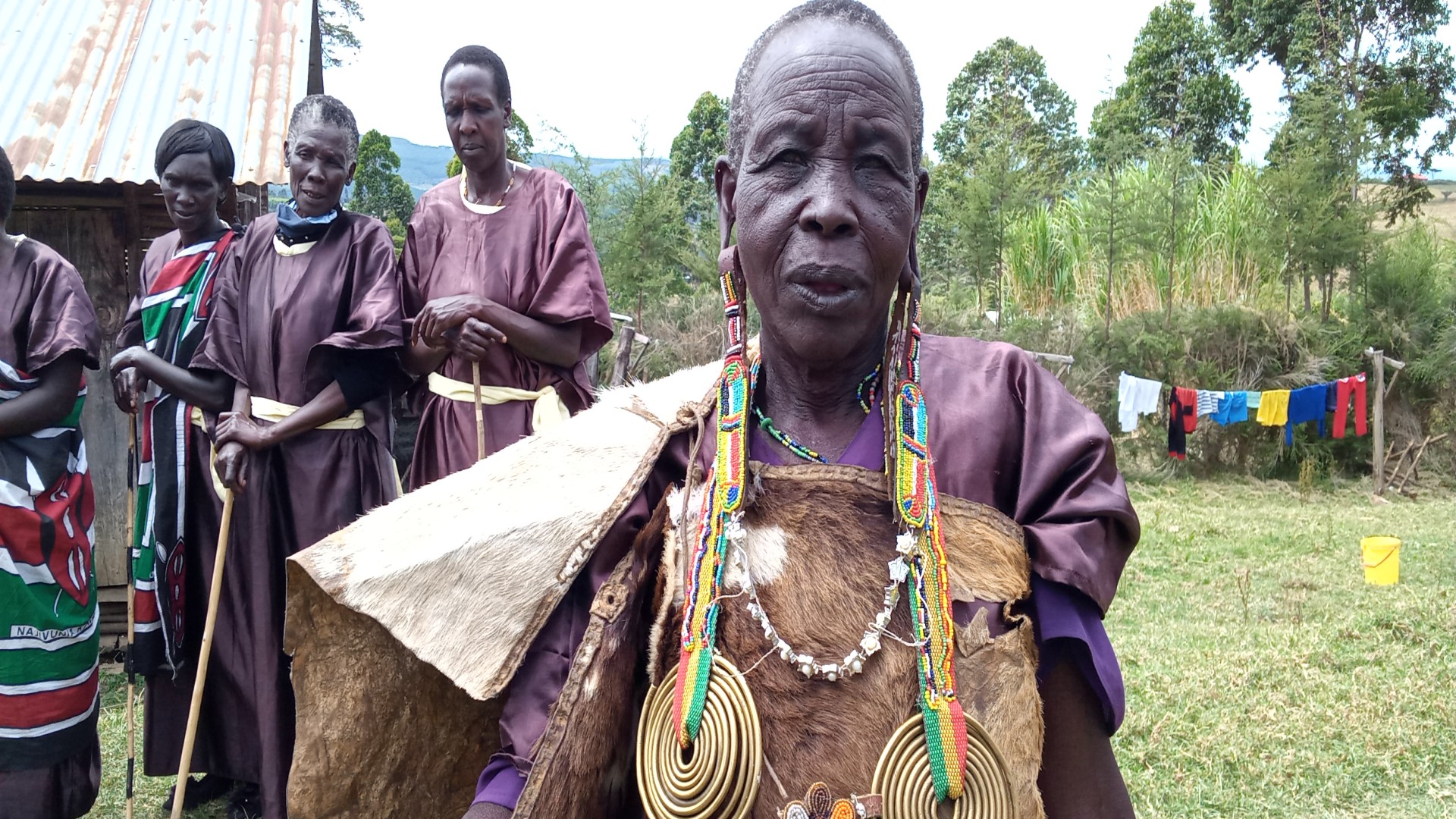A new One Health Joint Plan of Action to create a framework to integrate systems and capacity to collectively better prevent, predict, detect, and respond to health threats was launched on Monday by relevant stakeholders.
The Quadripartite – the Food and Agriculture Organization of the United Nations (FAO), the United Nations Environment Programme (UNEP), the World Health Organization (WHO), and the World Organization for Animal Health (WOAH) launched this first joint plan on One Health which seeks to improve the health of humans, animals, plants, and the environment, while contributing to sustainable development.
The One Health Joint Plan of Action, developed through a participatory process, provides a set of activities that aim to strengthen collaboration, communication, capacity building, and coordination equally across all sectors responsible for addressing health concerns at the human-animal-plant-environment interface.
The five-year plan (2022-2026) focuses on supporting and expanding capacities in six areas namely health systems, emerging and re-emerging zoonotic epidemics, endemic zoonotic, neglected tropical and vector-borne diseases, food safety risks, antimicrobial resistance and the environment.
This technical document is informed by evidence, best practices, and existing guidance. It covers a set of actions which endeavor to advance One Health at global, regional and national levels. These actions notably include the development of upcoming implementation guidance for countries, international partners, and non-State actors such as civil society organizations, professional associations, and academia and research institutions.
The plan sets out operational objectives, which include: providing a framework for collective and coordinated action to mainstream the One Health approach at all levels; providing upstream policy and legislative advice and technical assistance to help set national targets and priorities; and promoting multinational, multi-sector, multidisciplinary collaboration, learning and exchange of knowledge, solutions and technologies. It also fosters the values of cooperation and shared responsibility, multi-sectoral action and partnership, gender equity, and inclusiveness.
One Health is the main approach for addressing the complex health challenges facing our society, such as ecosystem degradation, food system failures, infectious diseases and antimicrobial resistance.
“Using a One Health lens that brings all relevant sectors together is critical to tackle global health threats, like monkey-pox, COVID-19 and Ebola,” WOAH Director General Dr Monique Eloit said while highlighting the need for enhanced disease prevention capacity in all sectors.
“It all starts with ensuring the health of animals. Animal health is our health, it is everyone’s health,” he added.
FAO Director-General QU Dongyu added: “One Health should start from proper land management and stopping deforestation, which will help people and their animals in the surrounding environment. We need all sectors working closely together to identify and implement adaptation and mitigation measures.”
UNEP Executive Director Inger Andersen said: “Everyone has the right to a clean and healthy environment, the foundation of all life on Earth. The current pandemics unequivocally demonstrates that the degradation of nature is driving up health risks across the board.”

